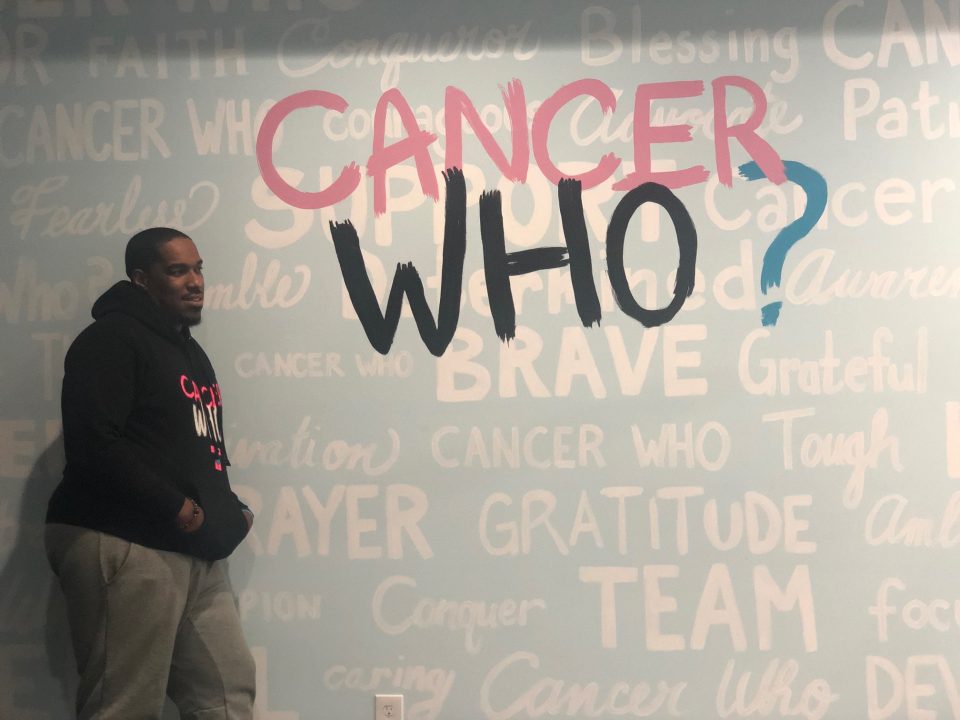
When caring for someone who’s fighting for their life, most just try to survive the storm. Al Harris and his wife Marjani rode the waves and now their nonprofit is helping others do the same.
In caring for an older cousin with stage four breast cancer, a younger cousin with brain cancer and Marajani’s stepfather, who had colon cancer, Harris realized there was a gap in support. They started the Cancer Who nonprofit to provide emotional and therapeutic support for cancer patients.
In February of 2019, Harris and his wife opened The Cancer Who Cares Center.
The one-of-a-kind center offers everything from spa treatments to therapy sessions free for cancer patients, caregivers, and their families.
Rolling out caught up with Cancer Who founder Al Harris to find out how they do it.
What services do you offer those who aren’t in Philadelphia?
At our center, we’ve created programs for every stage of the cancer process. On Wednesdays, at 7 p.m. we have our webinar, “Let’s Talk About It.” … People join from all over and they talk about everything. They get to see and encourage one another. They build great bonds. There are survivors and people who are actively going through cancer. The webinar is one of the biggest family-oriented programs our non-profit has.
In such an emotional work environment, how important is it for you and caregivers alike to practice self-care?
It’s extremely important. We have therapists specifically for caregivers. The staff and I have one as well. We do self-care classes at the center because mental health is a big part of cancer. There’s a kid we support, and her mom was just emotionally drained. She didn’t want to take the kid to chemo that day. So our ambassador, who takes you to your chemo appointment and sits there with you until it’s finished, took the kid. The mom got the time to wind down, reset and practice some self-care.
What is the biggest misconception about people battling cancer?
The biggest misconception is that people who beat cancer don’t need support anymore. They probably need more support than when they were going through cancer. The idle mind beats them up. They think, “what if it comes back? How do I get back to my normal life? How normal is life after cancer?” They experience side effects from chemo and radiation. They aren’t seeing doctors as regularly and don’t get as many visits from family and friends.
Cancer Who is local to Philadelphia, but do you see it expanding to other cities?
We’re trying to install our ambassador’s program in other cities. Allowing volunteers to be ambassadors will get support to other cities. Also, another option is linking to a local hospital that we have a relationship with and a social worker will link you to a family to support. There’s been a high demand for Cancer Who Cares Centers in other cities. That will be a reality in 2020.
Donate or get support here: www.cancerwhocares.org










